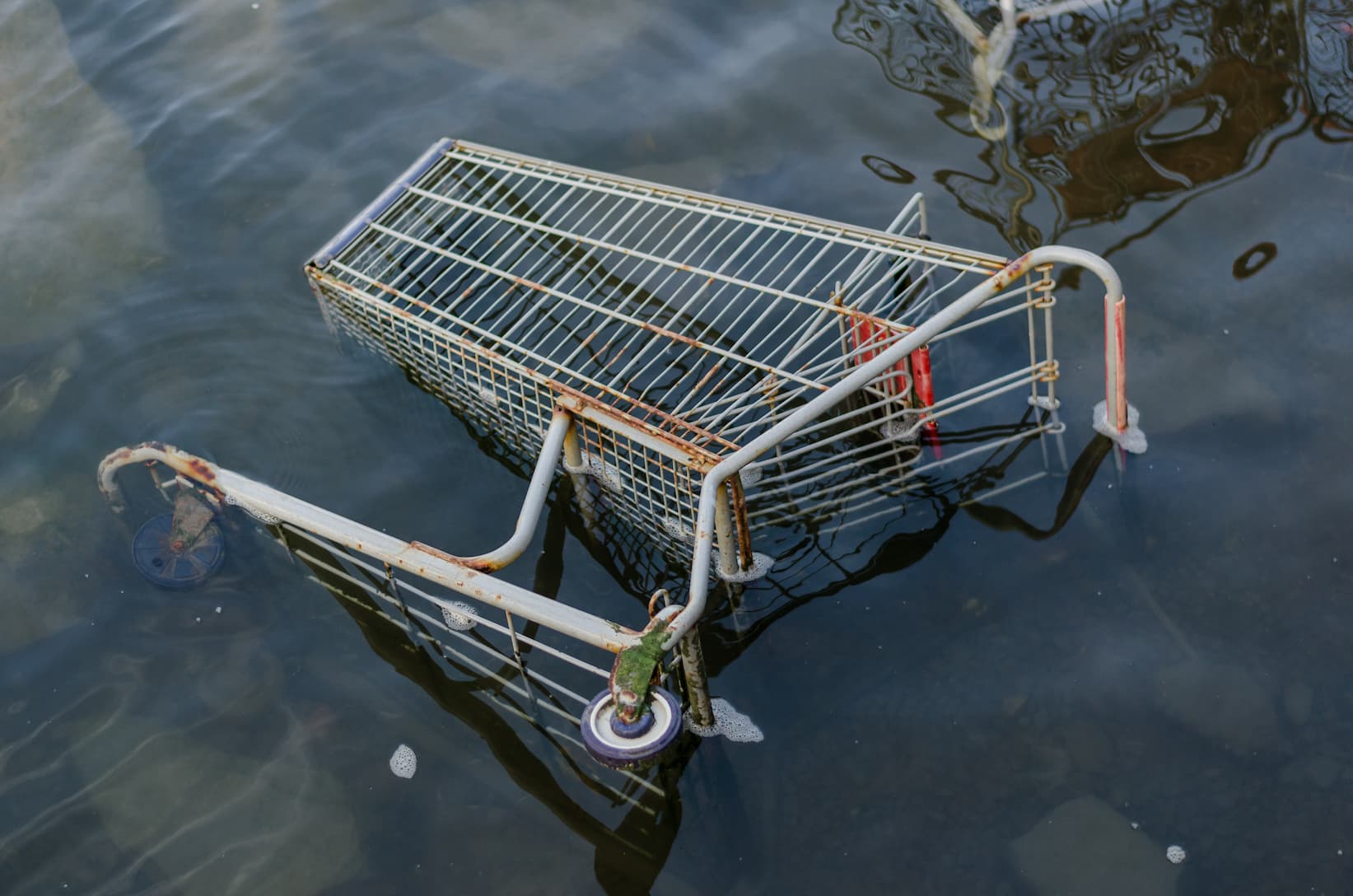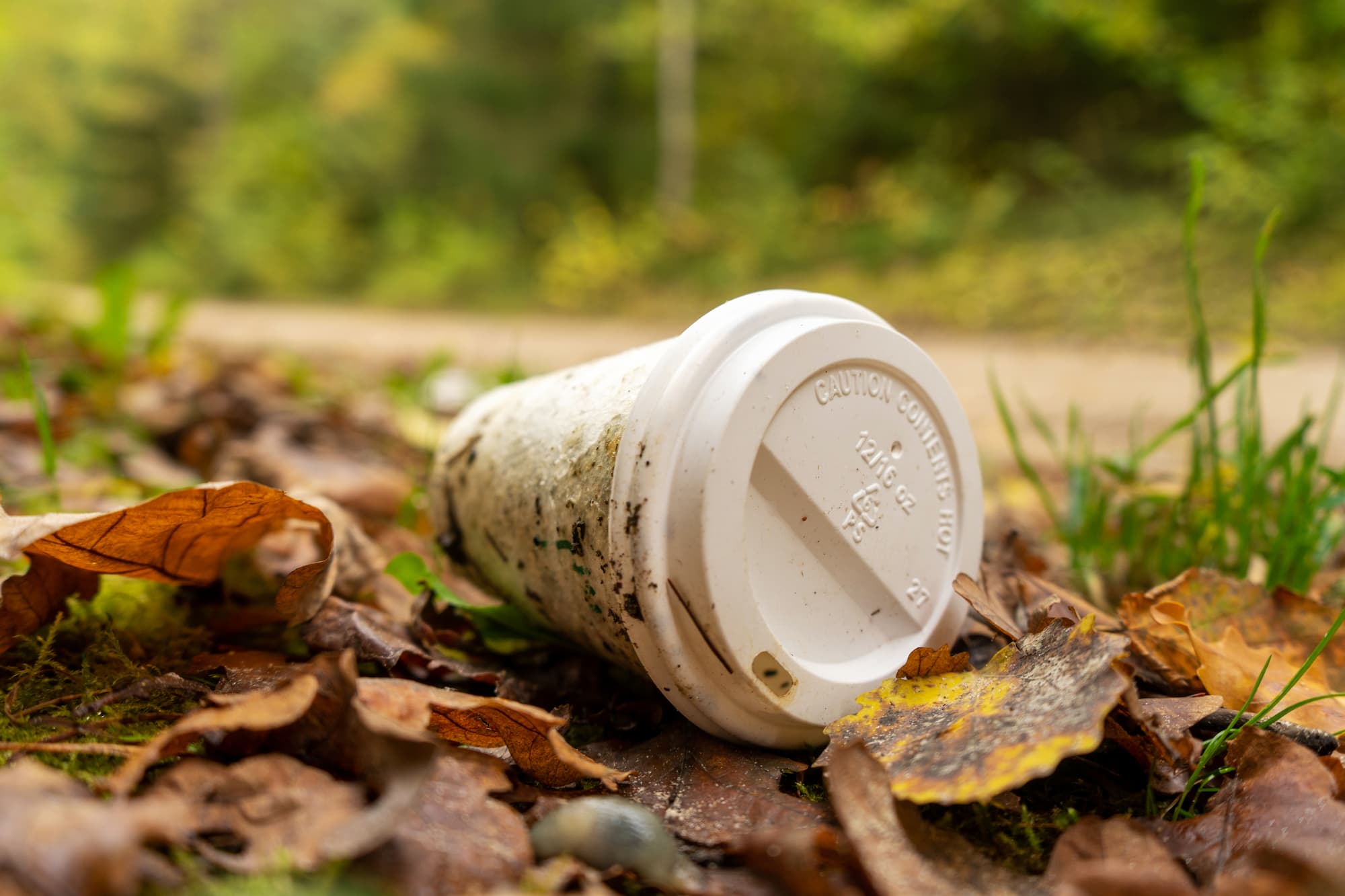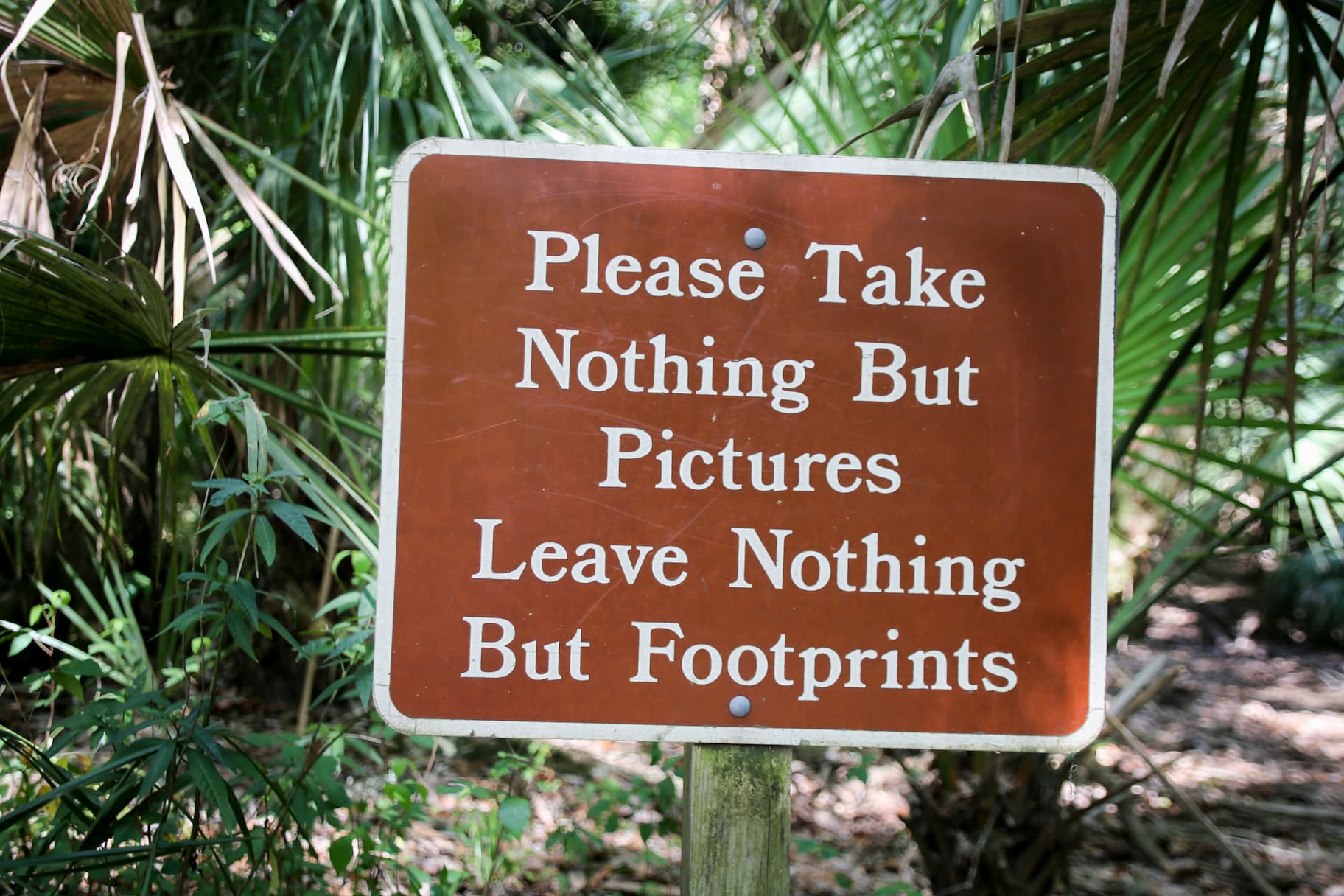Success
Why is littering so common and what can we do about it?
Here's a bit of a strange confession: I used to love rubbish. As a kid, I fancied myself as something of an amateur beachcomber, desperate to find meaning and worth in a washed-up toothbrush or discarded matchbox. I believed every piece of rubbish I discovered told a story, from the empty crisp packet on the roadside to the couch cushion lying on the riverbank.
Ah, to be a kid again. Gradually, the rose-coloured glasses of childhood come off and you start to see litter for what it is: ugly, shameful, and a harsh reminder of some people's lack of respect for the environment.

You start to realise that the trolley you spotted in the river on Sunday didn't disappear on its own. You start to understand that there were volunteers giving up their weekends to clean up after those who were fuelling your odd little fascination.
A hard truth to face, but even harder when you realise that it's still happening, year after year, because the culprits aren't getting the picture.
Coffee Cups and Masks
Littering in Ireland has hit a 13 year high, said Irish Business Against Litter (Ibal) last January. They observed a litter increase in over 60% of Irish towns and cities at the end of 2020.
The most common pieces of rubbish found? Coffee cups and face masks. Many people had been spending more time outdoors, exploring their natural surroundings — and blatantly disrespecting them too.

The solution? Before you grab that takeaway coffee, make sure you intend to dispose of it properly first. We all want to support local businesses during this time, and we should — but if you're not willing to carry an empty cup 10 minutes up the road to the nearest bin, or back home again, you're only letting your neighbours and local business community down.
Read about the compostable coffee cups that you can dispose of in your brown bin at home and the businesses in a Cork town that recently adopted them.
Picking up after Milo
If you're someone who always makes sure to discard your dog's leavings, you might find it hard to understand why some people don't (right there with ya!)

Researchers in 2014 attempted to get to the bottom of it. A study conducted in Lancashire, England discovered that the biggest reason people didn't clean up after their dogs wasn't anything to do with a lack of bins or lack of access to waste bags. It had to do with whether or not anyone would see them leaving the waste behind.
Don't be the person who only does the right thing when other people are looking. Pick up your pooch's crap as though the whole world is watching, because people are tired of stepping into what you choose not to see.
Doing your bit
Alright, so a shortage of bins in public spaces is part of the problem. But we all have a responsibility, and an opportunity, to do our bit.
Single-use plastic packaging is one of the biggest street polluters, with 'pedestrians and motorists said to account for 62% of litter pollution, and packaging is heavily associated with them.' (Irish Times, 2019). Ideally, we should avoid buying products made with these materials; nonetheless, the 'leave no trace' philosophy is a great one, and it's not just relevant for when we're camping in the woods or enjoying a riverside picnic.

Tip: Keep a roll of bin bags in your glove compartment or backpack when heading into the great outdoors so you don't find yourself stuck.
Leave no trace is something we should all practise in our everyday lives. While it might be a nuisance to have to lug your rubbish home after a day at the beach, it's simply the right and decent thing to do.
For the sake of your hard-working community, your natural surroundings, and your planet — a few minutes of feeling uncomfortable will never be a good excuse for leaving your rubbish behind.
My beachcombing days are over. It's been a long time since I considered litter pretty or magical. But one hopeful fact remains: there will always be people who take care of their environment and those acts of community pride will never cease to inspire.